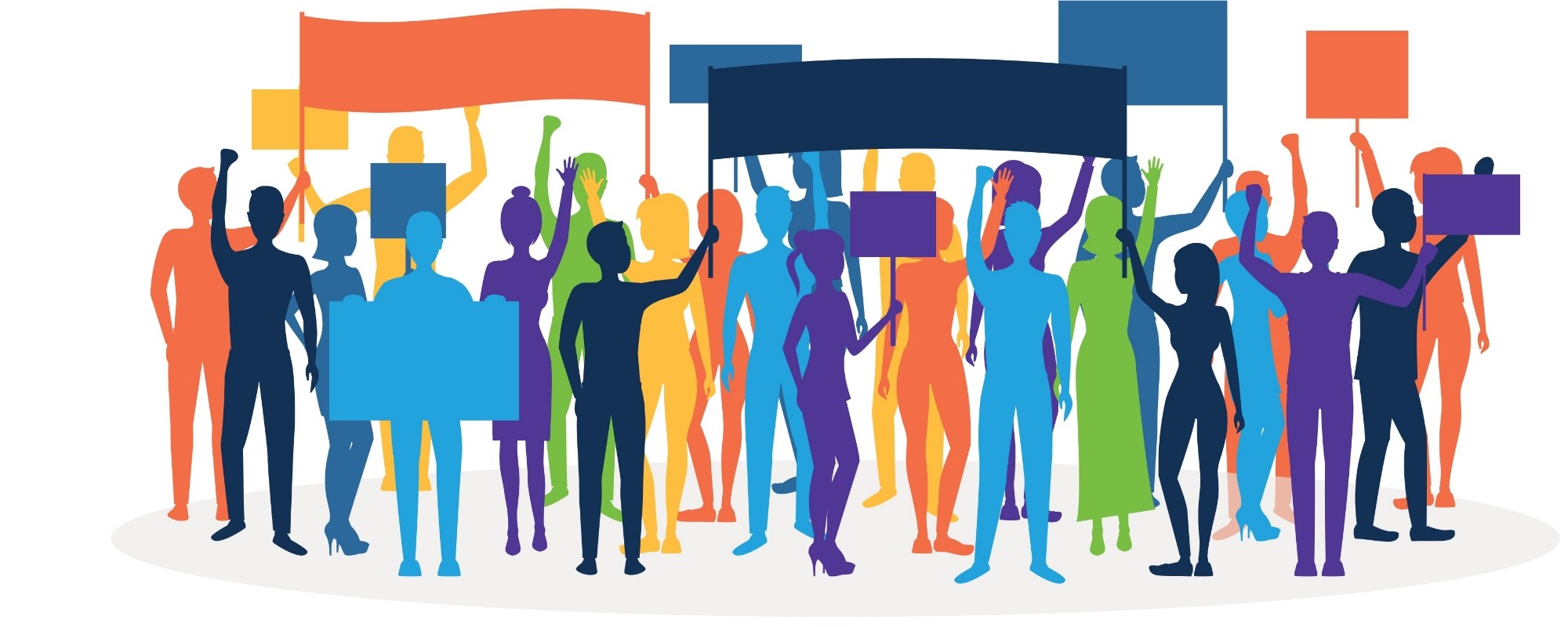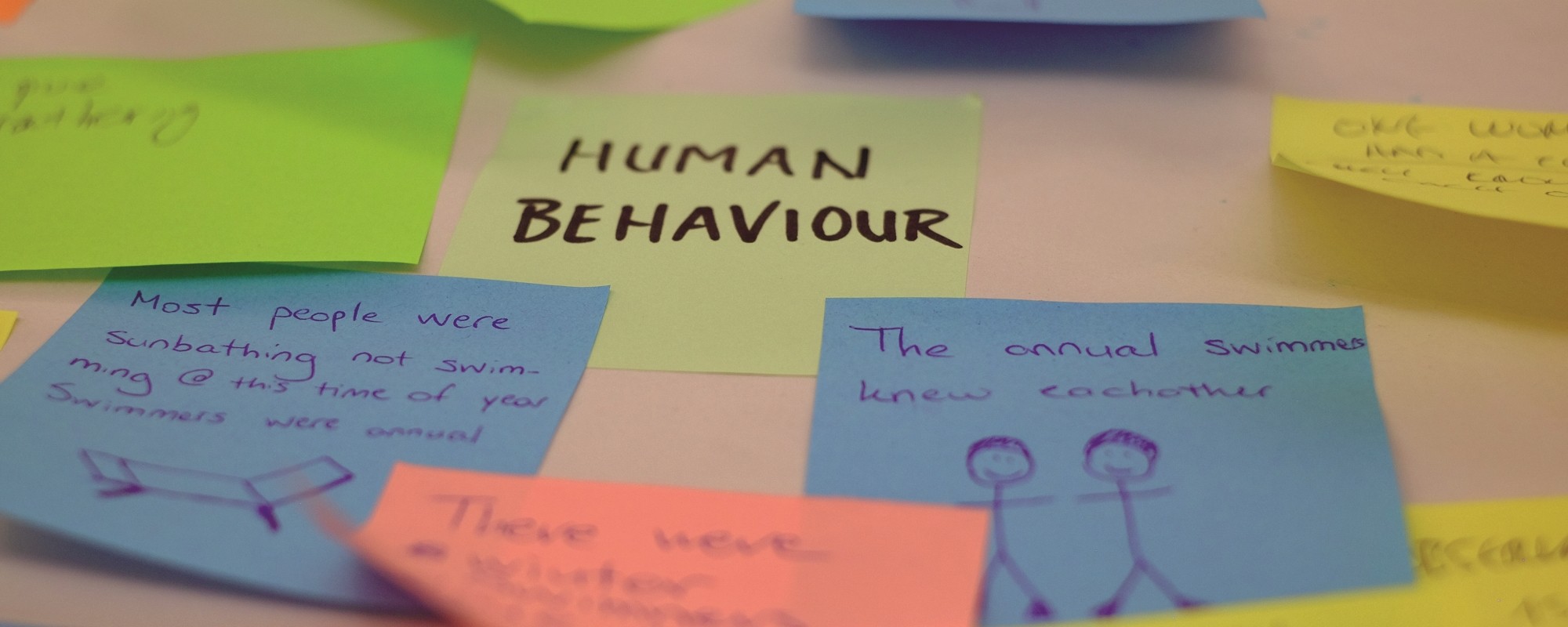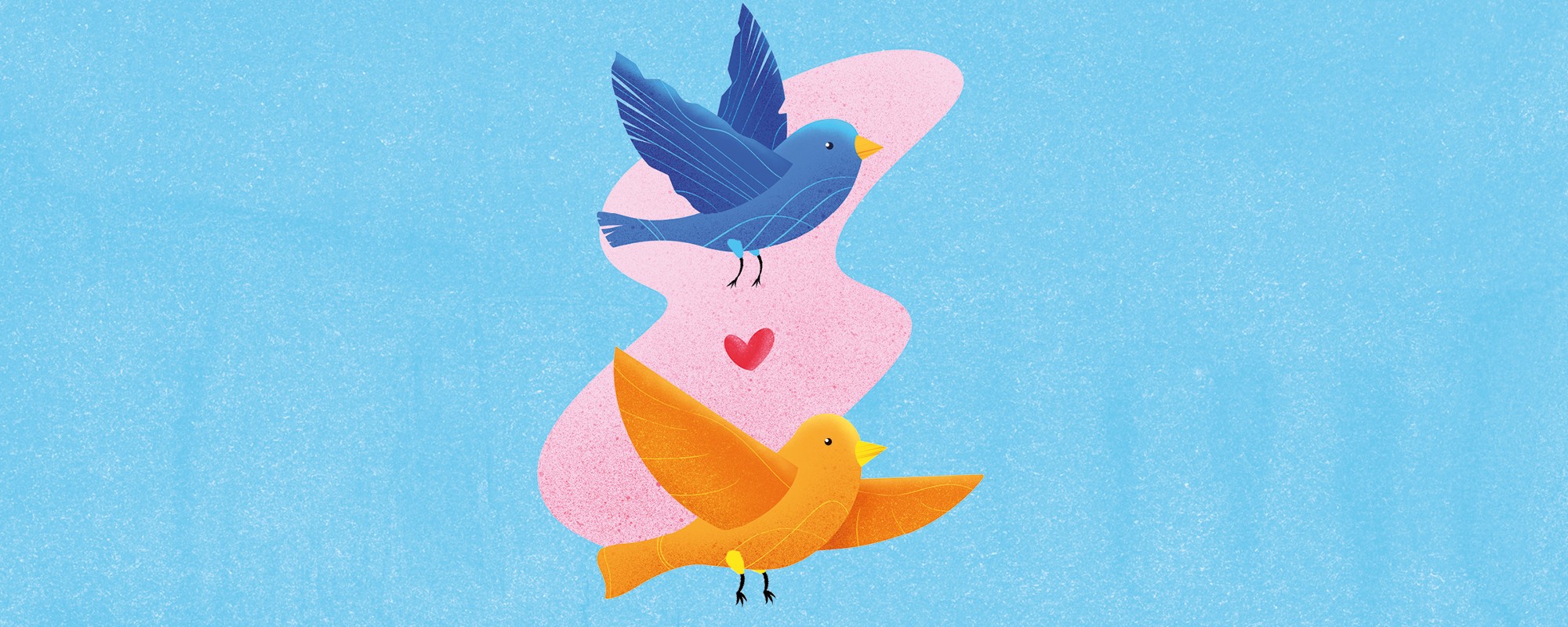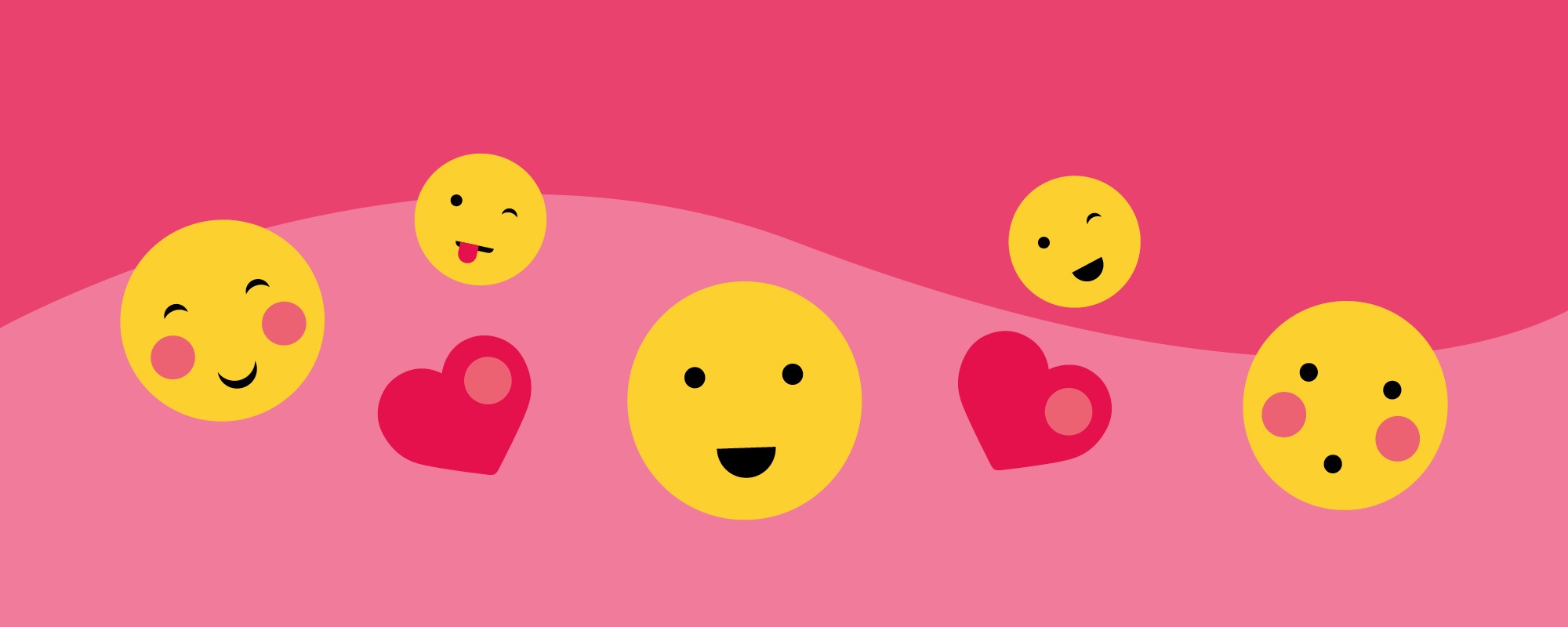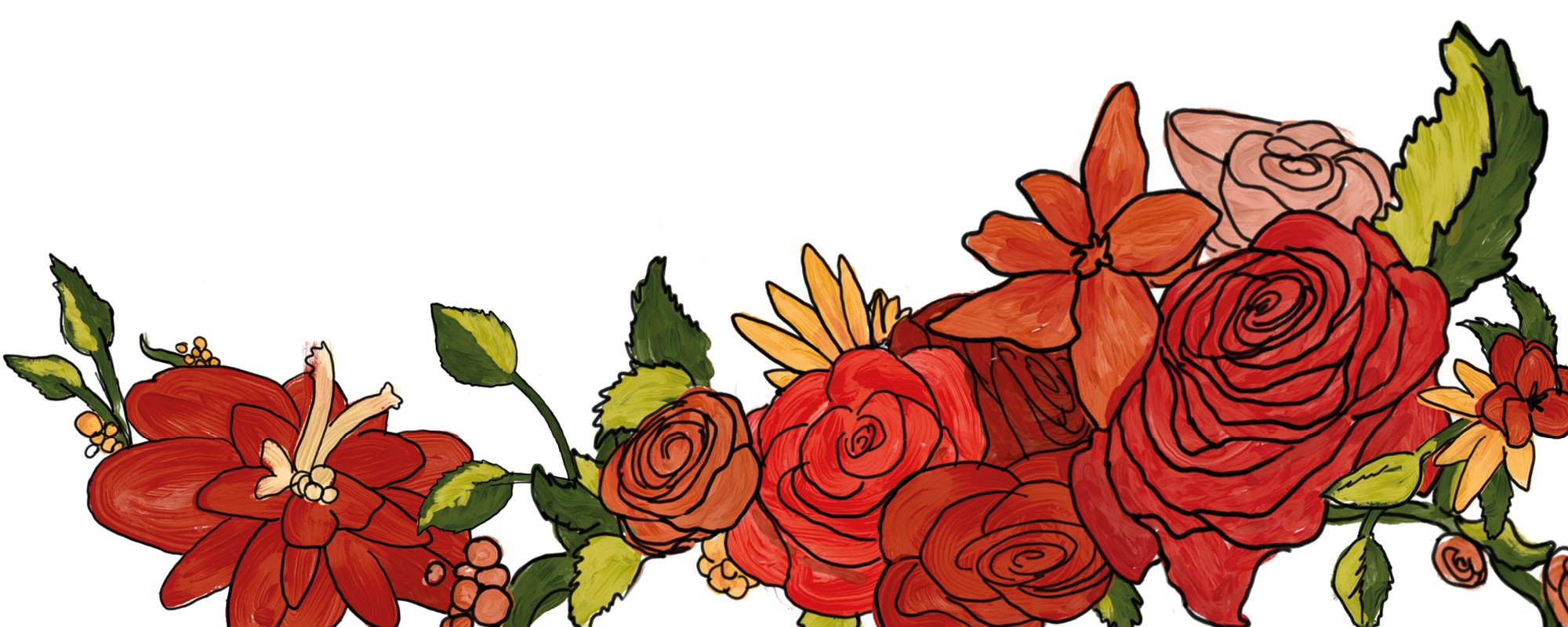Tying loose knots
‘Where there’s a will there’s a way’ is a principle that sparked the idea of a business aiming to bring peace of mind to wedding preparations. Get Hitched co-founders tell Marija Camilleri how they have been growing their start up, how they decided to ‘brexit’ after a brief experiment in the UK market, and what further expansion they have in the pipeline.
Continue readingLiving in Maltese
A new European Commission tool facilitates easy and accurate translation between English and Maltese. Author and translator Mark Vella is tirelessly promoting this translation product. He speaks to Teodor Reljic about how the Maltese language and its literary heritage has defined his life and career from graduation onwards.
Continue readingLights, camera, activism
Author: Raisa Galea
In 2019, hardly anyone personifies activism more conspicuously than Greta Thunberg. Since August 2018, the teenager’s solitary calls for climate action have inspired millions of people to follow her example and take to the streets. The resulting wave of climate strikes is every activist’s dream come true: inspiring a mass movement to support a cause, passing on the flame of resistance, stirring the power of a democratic collective. What can we learn from this phenomenon?
Continue readingDesigning success
Author: Daniela Quacinella
Picture the following. You are a museum director or curator who wants more locals in your space. You are confident that your next art event will attract them: a prestigious artist from London, a series of exciting talks… You are certain it will be a success, because your passion and knowledge are behind this activity. On the day, as you stand near the entrance with excitement tingling across your fingertips, you slowly begin to despair. Despite a great marketing campaign, the local residents congregate anywhere but the museum. What went wrong?
Continue reading



